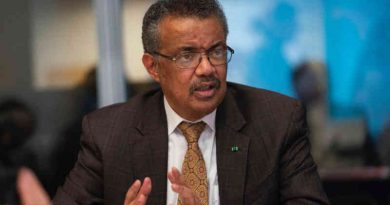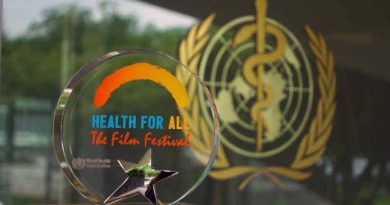WHO Outlines Global Health Trends to Meet 2030 Targets

The World Health Organization (WHO) issued Tuesday a comprehensive analysis of global health trends since 2000, and laid out actions that should be prioritized over the next 15 years. The objective is to achieve the United Nations Sustainable Development Goals (SDGs).
Health in 2015: from the MDGs to the SDGs, identifies the key drivers of progress in health during 15 years under the UN Millennium Development Goals (MDGs), and lays out actions that countries and the international community should prioritize starting 1 January 2016.
The report contains “snapshots” on 34 different health topics that outline trends, achievements made, reasons for success, challenges and strategic priorities for improving health in the different areas. These “snapshots” range from air pollution to hepatitis to road traffic injuries.
[ How India Abuses Children’s Right to Education ]
Although the health MDGs missed a number of global targets, according to the report, the overall results were impressive, with the past 15 years witnessing major declines in child and maternal mortality, and progress in the fight against HIV, tuberculosis and malaria in developing countries.
Saying the world now stands on “the threshold of a new era,” WHO Director General Dr. Margaret Chan said in the report’s preface the new report is a first step in a series of actions she is taking to make her organization fit to fully support the implementation of the Sustainable Development Goals agenda.
Even though almost all the SDGs are directly related to health or will contribute to health indirectly, one goal (SDG 3) specifically sets out to ‘ensure healthy lives and promote well-being for all at all ages.’
WHO is working with partners to establish a Health Data Collaborative in early 2016 that aims to support countries to build better health data systems.
In the picture above: A young boy is administered measles and rubella vaccine at a health post in Gorkha District, Nepal. Photo: UNICEF / Kiran Panday




